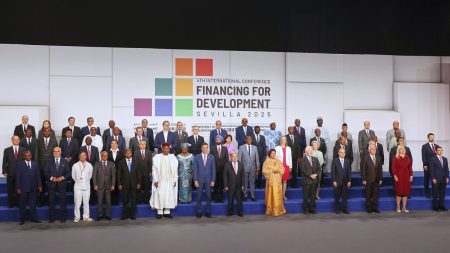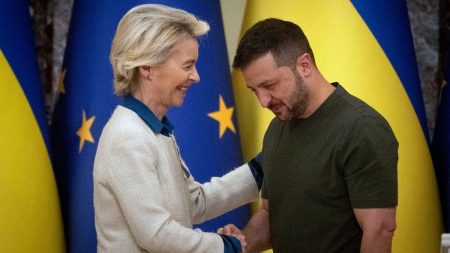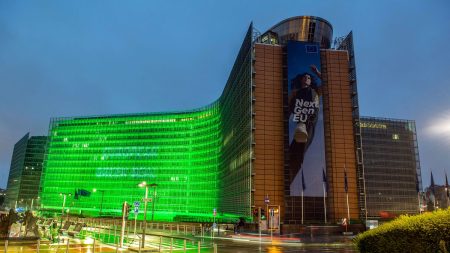The cessation of Russian gas supplies to Europe on January 1st marked a watershed moment, severing a decades-long energy dependence and ushering in a new era of energy realignment for the European Union. Russia’s dominance in the European energy market, solidified over decades, had provided a steady flow of natural gas, fueling industries and warming homes across the continent. This reliance, however, became a strategic vulnerability in the wake of Russia’s invasion of Ukraine, prompting the EU to embark on a rapid diversification of its energy sources. The decision to halt Russian gas imports, while disruptive in the short term, is widely viewed as a necessary step towards bolstering European energy security and reducing dependence on a politically volatile supplier.
The immediate consequences of the gas cut-off were unevenly distributed across the EU. While some member states had already begun diversifying their energy portfolios, others, particularly those in Central and Eastern Europe, remained heavily reliant on Russian pipelines. Countries like Slovakia, Hungary, and Austria found themselves in a precarious position, scrambling to secure alternative sources of gas and facing potential economic hardship. Slovakia’s Prime Minister Robert Fico exemplified this struggle, voicing strong opposition to the EU’s energy strategy and threatening retaliatory measures against Ukraine, highlighting the inherent tensions and challenges in navigating this complex energy transition.
The European Union’s response to the disruption was swift and decisive. Recognizing the urgent need to secure alternative energy sources, the bloc embarked on an ambitious diversification strategy, forging new partnerships and ramping up imports from other suppliers. Norway and the United States emerged as key players in this new energy landscape, filling the void left by Russia and becoming the EU’s primary gas suppliers by 2023. This rapid shift underscores the EU’s commitment to reducing its reliance on Russian energy and building a more resilient and diversified energy system.
The long-term implications of this energy divorce are significant. The EU’s plan to completely eliminate Russian gas imports by 2027 represents a fundamental shift in its energy strategy. While the transition will undoubtedly involve challenges, including short-term economic disruptions and the need for significant infrastructure investments, it also presents an opportunity to accelerate the transition to renewable energy sources and strengthen European energy independence. This shift aligns with the EU’s broader climate goals and positions the bloc as a leader in the global transition to a cleaner energy future.
The Radio Schuman podcast segment, featuring Szymon Kardas, a senior policy fellow on energy at the European Council on Foreign Relations, provides valuable insights into this complex issue. Kardas’ expertise sheds light on the geopolitical and economic dimensions of the energy crisis, offering a nuanced perspective on the challenges and opportunities facing the EU. The discussion highlights the importance of international cooperation and strategic planning in navigating the transition to a more secure and sustainable energy future.
In conclusion, the interruption of Russian gas supplies to Europe represents a pivotal moment in the continent’s energy history. While the immediate consequences have been challenging for some member states, the EU’s decisive response and commitment to diversification demonstrate its resolve to build a more resilient and independent energy system. This transition, while complex and requiring substantial investment, offers a unique opportunity to accelerate the shift towards renewable energy, bolstering European energy security and contributing to a more sustainable future. The Radio Schuman segment, by providing expert analysis and context, contributes to a deeper understanding of this critical issue.














